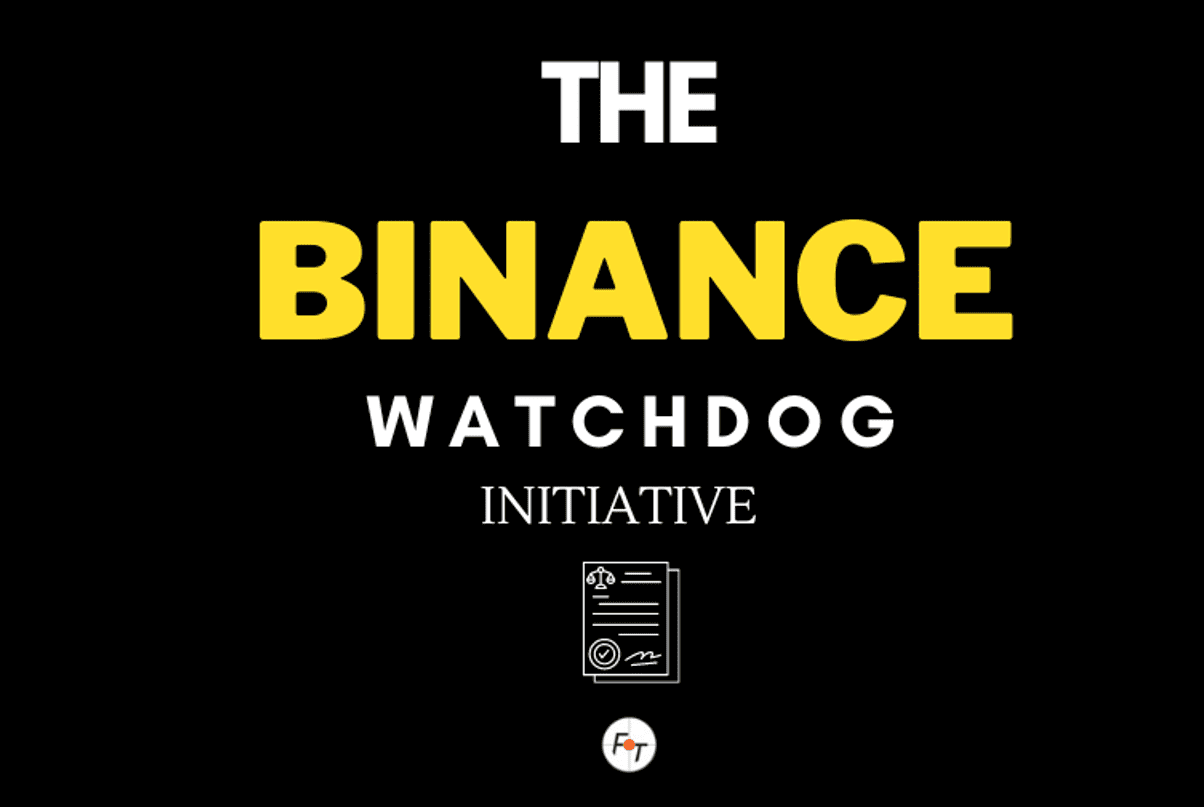Changpeng Zhao (CZ), the founder of Binance, the world’s largest crypto exchange, faces potential incarceration as U.S. prosecutors seek a 3-year prison sentence for his admitted failures in anti-money laundering compliance. His upcoming sentencing is significant for the globally embattled Binance and the crypto industry. The Guardian published an interesting update on the case. CZ‘s sentencing event is scheduled for April 30.
Under CZ’s stewardship, Binance operated what has been described as a “wild west” business model, neglecting to report over 100,000 suspicious transactions, some of which were linked to terrorist organizations like Hamas, al-Qaida, and Isis. This flagrant disregard for U.S. law was characterized by prosecutors as a deliberate business strategy to attract users and profit, thereby compromising legal standards.
CZ‘s legal troubles extend beyond the courtroom. In June last year, the U.S. Securities and Exchange Commission (SEC) filed 13 charges against Binance and Zhao, accusing them of jeopardizing billions of dollars of investor assets through inadequate safeguards. This followed a hefty financial penalty where Binance was fined $4.3 billion, and Zhao personally paid $50 million.
Please use the sharing tools found via the share button at the top or side of articles. Copying articles to share with others is a breach of FT.comT&Cs and Copyright Policy. Email [email protected] to buy additional rights. Subscribers may share up to 10 or 20 articles per month using the gift article service. More information can be found here.
https://www.ft.com/content/d45251e6-a7e6-4bbe-9f52-bc21ab67dfbe
It’s just not consistent. If you’re going to dole out a $4.3bn fine, together with the most rigorous monitoring framework in history for any financial institution, how can you reconcile giving the mastermind of it all just three years?”
John Reed Stark, former chief of the SEC’s office of internet enforcement (link)
Despite these setbacks, CZ expressed regret over his prior decisions, stating his intention to dedicate time to supporting youth initiatives in the future. His sentencing comes amidst broader scrutiny of Binance‘s opaque operational structure, previously criticized by the U.S. Commodity Futures Trading Commission (CFTC) as an “opaque web of corporate entities.” This complexity has led to diminished market trust, as highlighted by Carol Alexander, a professor at the University of Sussex, noting that ongoing lawsuits, including the SEC’s, have eroded investor confidence in Binance.
The new CEO, Richard Teng, aims to steer Binance towards a more transparent and compliant future, with ongoing considerations for establishing a fixed global headquarters. Despite these efforts and significant inflows into the platform this year, the shadow of legal challenges continues to loom over Binance.
As Howard Fischer, a partner at New York law firm Moses & Singer, aptly notes: “Binance’s problems are far from over.” This sentiment echoes the reality of Binance‘s situation, where past compliance failures continue to stir significant regulatory and legal challenges, shaping the future of not only Binance but also the broader cryptocurrency market.
Report to #BinanceWatchdog
If you have any information about Binance or problems with this crypto exchange, please share it with our #BinanceWatchdog initiative.





